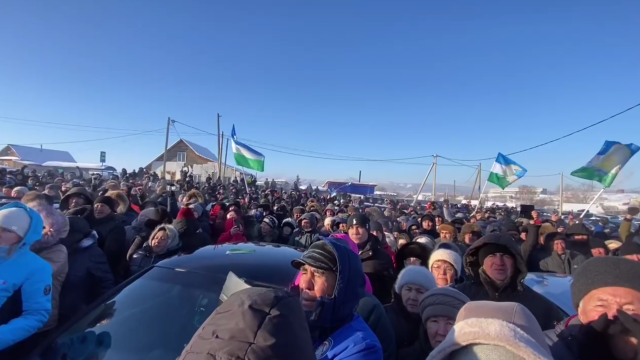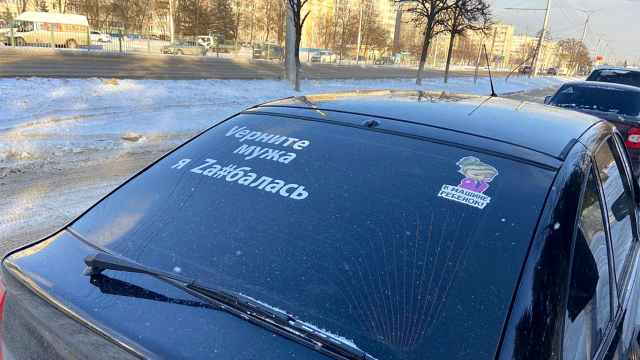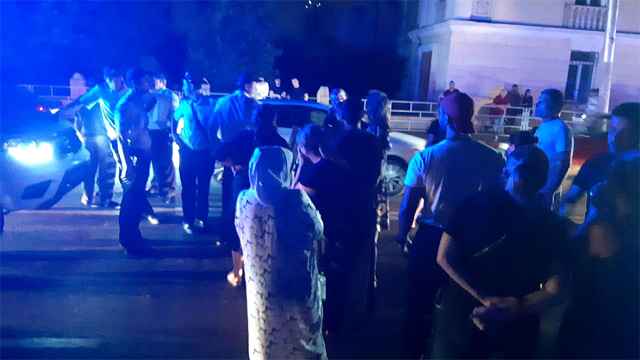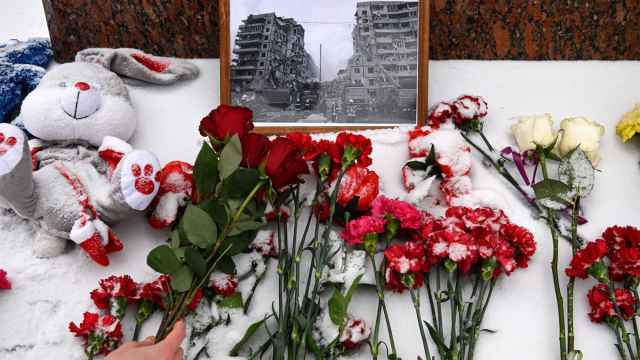Today, the Moscow City Court released Pavel Ustinov from jail. The 23-year-old actor was sentenced to three and a half years in prison on Sept. 16, on far-fetched police assault charges. His is one of a dozen unjustified prosecutions in the so-called “Moscow Case,” brought in retaliation for election-related protests this summer.
Ustinov’s appeal hearing is scheduled for Sept. 26, but his release from custody pending appeal could signal that the appeal will yield a suspended sentence. Ustinov’s release was requested by the very same prosecutors who just days earlier demanded a six-year prison term and seemed barely satisfied with the lesser sentence handed down by the judge. The authorities’ apparent change of heart was almost unprecedented and inspires hope for other victims of politically motivated prosecutions.
In mid-July, the disqualification of viable opposition candidates from the Sept. 8 Moscow legislative assembly elections sparked sustained, unauthorized, but peaceful gatherings in Russia’s capital. The authorities responded with an overwhelming show of force. Police used excessive force against protesters, dozens of whom were injured, and arrested record numbers of demonstrators and random bystanders — close to 1,400 on July 27 alone.
Apparently aiming to further discourage protests, the authorities also opened several major criminal investigations. Eighteen people were arrested on charges of “mass rioting” and/or assaulting the police. Video footage showed that some of the accused did not engage in any aggressive behavior and others threw empty plastic bottles and the like. By mid-September, five of them, including Ustinov, had been sentenced, for assault, to two to three-and-a-half years in prison, and one, Konstantin Kotov, received a draconian four-year prison sentence merely for repeated participation in unsanctioned public gatherings.
Ustinov was, in fact, a bystander. The charges against him stemmed from the allegations that on Aug. 3, at around 3:30 p.m., he “shouted slogans offensive to the authorities,” then resisted arrest and dislocated the left shoulder of a Russian National Guard officer. Ustinov insisted however, that he did not take part in the protest and wasn’t even aware a protest was going on. He was simply waiting for an acquaintance right next to the entrance to the metro station on Pushkin Square, a common meeting place for Muscovites in the city center.
Video footage from several different sources, including the Dozhd television station, shows Ustinov standing quietly, glued to the screen of his cellphone, when a group of Russian Guard — Russia’s national guard — officers suddenly jumped him, tackled him to the ground, and beat him with batons.
By the time Ustinov received this hefty sentence for his offense of standing on a square and getting trampled, the “Moscow Case” had already spurred a widespread “Freedom for Political Prisoners” campaign. His predicament, however, became the tipping point – possibly for the very reason that he had nothing to do with the actual protests.
It showed with absolute clarity that the authorities can no longer keep their end of the unspoken bargain they had struck years ago with the mainstream public — "stay out of politics and you’ll be safe.” Ustinov had nothing to do with politics. He should have been safe.
But the repressive machinery has taken on a life of its own and crushes the apolitical together with the dissenters.
Famous theater personalities, A-list pop-stars and other prominent figures, including those who never showed anything but loyalty vis-à-vis the Kremlin, spoke up in his defense and called for his release. A wave of public indignation was rising by the hour, leaving the authorities no choice but to set him free.
However, by then, numerous petitions and open letters by various groups — academics, priests, artists, teachers, medical professionals, lawyers, publishers, students — demanding freedom for those still jailed under the “Moscow Case” and an end to politically motivated prosecutions began circulating and gaining increasing numbers of signatures and attention.
Their voices are getting louder and they will not be silenced.
A Message from The Moscow Times:
Dear readers,
We are facing unprecedented challenges. Russia's Prosecutor General's Office has designated The Moscow Times as an "undesirable" organization, criminalizing our work and putting our staff at risk of prosecution. This follows our earlier unjust labeling as a "foreign agent."
These actions are direct attempts to silence independent journalism in Russia. The authorities claim our work "discredits the decisions of the Russian leadership." We see things differently: we strive to provide accurate, unbiased reporting on Russia.
We, the journalists of The Moscow Times, refuse to be silenced. But to continue our work, we need your help.
Your support, no matter how small, makes a world of difference. If you can, please support us monthly starting from just $2. It's quick to set up, and every contribution makes a significant impact.
By supporting The Moscow Times, you're defending open, independent journalism in the face of repression. Thank you for standing with us.
Remind me later.








